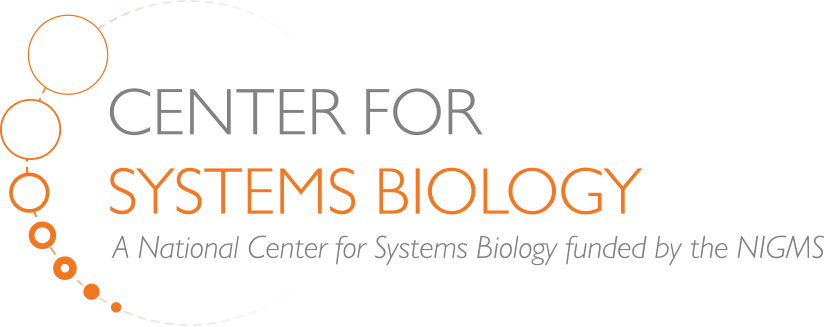
The Hood Lab focuses on combining technology, biology and computation to create a predictive, personalized, preventive and participatory approach to medicine. Better known as P4 medicine , this approach will allow people to predict diseases and prevent them before experiencing symptoms. P4 medicine will revolutionize medicine as we know it today since it will be able to prevent diseases before the individual gets the disease. The Hood Lab is working on making an analytical tool that will be able to translate the huge amount of data from each individual and make an accurate prediction about genetic diseases. The Hood Lab is also working on several research projects involving prion disease, neurodegenerative disease, iPS cells to study cardiomyocyte differentiation, and family sequencing.
This summer we got to work under the Family Genomics group with Dr. Hannah Cox, a postdoctoral fellow, as our mentor. The Family Genomics group analyzes whole genome sequences from members of families that have genetic diseases using computational tools. Through computational tools, they are able to filter out noise from large data sets, therefore preventing false results. Whole genome sequencing is a big part of the Family Genomics group because it provides accurate data sets and gives the ability to detect rare variants. It can be expressed using a pedigree, which gives the scientist a visual model to determine if the disease is being inherited dominantly or recessively. The family genomics group has worked with cases related to Miller syndrome and Huntington disease.
Will Greene, graduated high school intern, also interned under the direction of Dr. Chris Lausted in the Hood Lab to work on the ISB photometer project. Using a variety of engineering methods, he was able to design and create a handheld photometer device that can affordably be integrated into classroom environements. Will was also involved in teaching a seminar at the Baliga Lab's teacher workshop on how to build these handheld photometers.
Karla and Christina would like to thank the Center for Systems Biology for funding our internship in the Hood Lab this summer. Thanks also to everyone in the Hood Lab for welcoming us this summer. We learned so much about research and it was truly an invaluable experience! 
